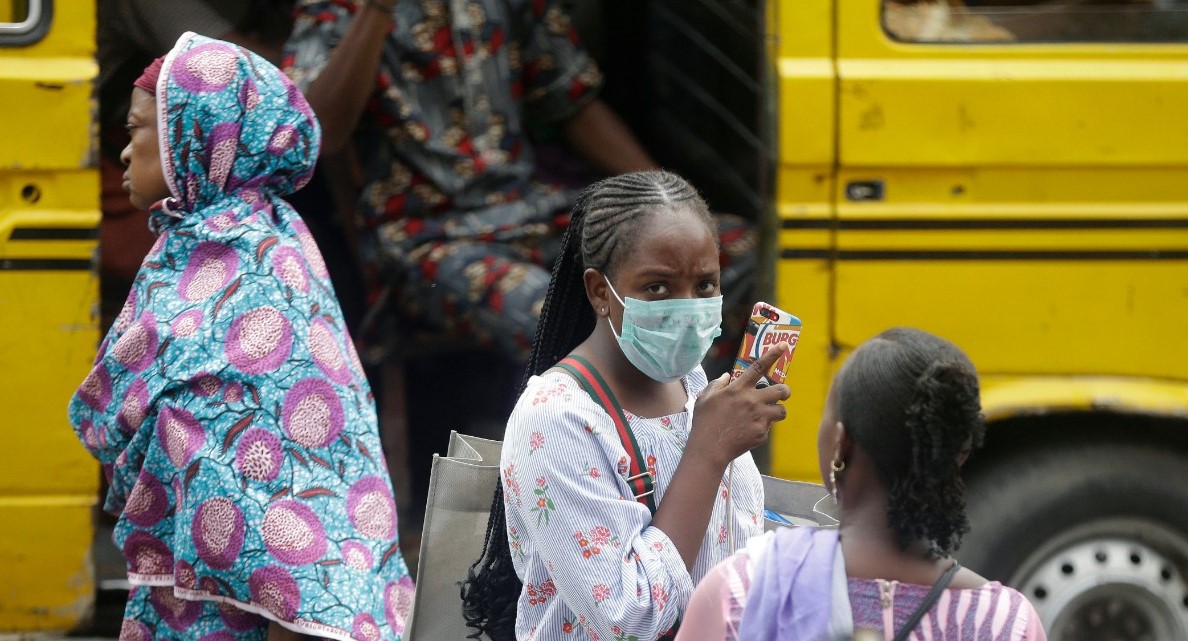Google is putting its weight against global coronavirus misinformation by offering a $6.5 million funding package to fact-checkers and non-profit media outlets.
The internet search company set up the Google News Initiative (GNI) to “help journalism thrive in the digital age.” Through the initiative, the company hopes to direct internet news readers to accurate information especially during periods like a public health emergency when surplus and superfluous information can be published by just anyone.
In Africa, Google will fund Africa Check, a fact-checking organisation founded in 2012 and based in South Africa. But it is the Nigeria office founded in 2016 that Google’s support will go to.
The exact amount is undisclosed but it is expected to aid Africa Check’s work in verifying, explaining and debunking coronavirus-related news as it pertains to Nigeria. Africa Check has partnered with Nigeria’s Centre for Disease Control (NCDC) and Dubawa, a platform owned by Premium Times, on fact-checks.
The NCDC has reported 190 confirmed cases of COVID-19 at the time of this writing. Twenty of those have been discharged after treatment, with two deaths. Lagos has recorded more than half of the country’s cases and, with Ogun (a nearby state) and the Federal Capital Territory, is in a 14-day lockdown mandated by the president Muhammadu Buhari.
Google’s effort to fight “fake news” at this time comes as misinformation abounds about the nature and existence of the virus. From implausible cures to suggestions that COVID-19 is only for the rich, Lagosians are regularly receiving and transmitting messages about the disease online.
Followership of the NCDC’s trustworthy Twitter account – from under 100,000 at the beginning of March to 409,000 today – appears to show more Nigerians know where to get true information on case counts. Yet, the appetite to disseminate innuendo and unverified information subsists.
To stem the easy flow of misinformation, Google is exploring ways to highlight fact-check articles that explain the potential harm that could be caused by health misinformation, according to Alexios Mantzarlis, the News and Information Credibility Lead for GNI’s news lab. He points to work they are already doing with Google Trends with which journalists can gauge public interest and observe search words related to coronavirus by locality.
Google’s funding support to news organisations follows up on an $800 million pledge to support small businesses, health organizations and governments, and health workers on the frontline of this global pandemic.
That package included $340 million in Google Ads credits to all small businesses with active accounts over the past year. Another portion was $20 million in Google Cloud credits for academic institutions and researchers working on potential therapies and COVID-19 vaccines.



















